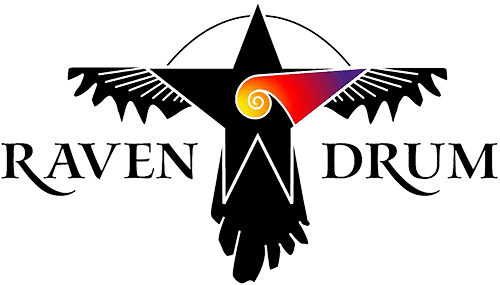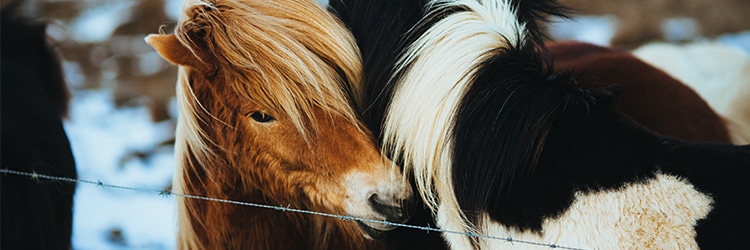By Dr. Val of Stand InBalance
Sleek, agile, and muscular, horses are the embodiment of power. Some breeds are capable of pulling three times their own body weight, and we humans have harnessed this strength over the millennia to our own benefit. Horses have plowed our fields allowing us to provide food for our families, and they’ve galloped into battle to aid us in protecting our cities.
With all of that raw strength trembling just beneath the surface, it’s easy to forget that horses are prey animals. They are vulnerable to attackers and to the elements.
Likewise, we often overlook the vulnerability of returning veterans. Soldiers are highly trained, intelligent, strong, and powerful. We sometimes forget the burden that these men and women bear and the toll that it takes on their emotions and well-being.
At Stand InBalance Equine Therapy, I’ve witnessed returning veterans struggling with PTSD and traumatic injuries learn healing lessons from the strong sensitivity of horses. While not every veteran will have access to an equine therapy program, all can access the native wisdom demonstrated by horses. These concepts also work for all people.
Connect with your own vulnerability
Veterans returning from duty may feel as if they must bear the burden of their traumas alone. Often this means burying vulnerability to hide it. This separation of the person you present to the world and the person that you hide from the world, however, interferes with your ability to meaningfully engage with your setting and with the people around you. It leads to a protective hypervigilance that can heighten feelings of distrust and of isolation.
Vulnerability is not a curse among horses. Being aware of potential dangers fine tunes them to their surroundings, enabling them to detect a heartbeat from five feet away. This vigilance provides horses with information that helps to protect them, but it does not prevent them from enjoying the fresh grass of a meadow in the morning. Most importantly, vulnerability provides a foundation for lasting companionship with other horses and with humans as well.
Stay in the moment
Horses are adept at adjusting to the information gained through their vigilance because they stay in the moment. They do not dwell on the last time the veterinarian came or when they were injured during a show, and that presence enables them to experience each moment as it arrives without an agenda or judgment.
The struggle with PTSD is a struggle with time. When it feels as if past experiences are happening right now, it becomes increasingly more difficult to trust the senses. Often, soldiers have learned to disconnect from the present moment as a way of surviving, heightening certain senses and numbing others to navigate a painful landscape. Though this may protect them during their time in service, returning veterans may find themselves hijacked by emotions and sensations as they replay traumatic experiences over in their minds.
Healing lessons from horses
- Pause. Use stillness and breathing to fully experience each moment as it occurs.
- Check in. Attend to how you are feeling within each moment and adjust to put yourself at greater ease.
- Enjoy. Seek grounding in the serenity of nature and in other pleasurable pursuits.
- Connect. Remember that we are all vulnerable, and it is our shared vulnerability that allows us to connect with others.

